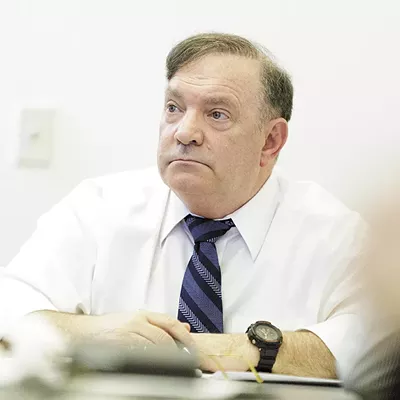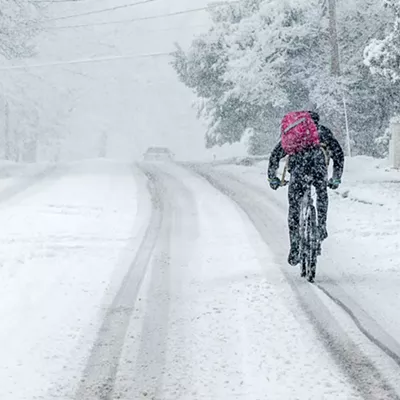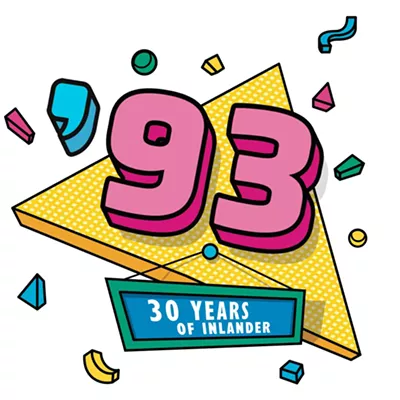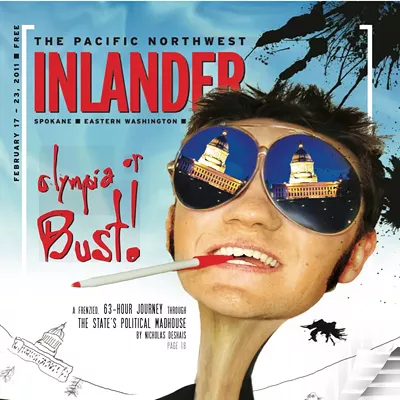Spokane Public Schools handled 34 requests for public records in 2009. Two years later, that number was up to about 90.
Mark Anderson, associate superintendent of the district, handles the requests. He lays the blame for this sharp rise at the feet of one group of activists.
“They probably make up 70 percent of the time, I’d say,” Anderson says of the time needed to process requests made by Laurie Rogers, Breean Treffry and Paul LeCoq, three outspoken critics of the district. “The nature of the requests are getting more and more expansive.”
This dramatic increase has led the school board to seek a change in state law allowing the district to charge “reasonable costs” in order to locate and process these requests, costing the schools an estimated $70,000 every year. Currently, the schools charge 15 cents per page.
Earlier this year, the board approached Senate Majority Leader Lisa Brown, D-Spokane, who agreed to champion the change in state law. But it was too late in the session. The bill is likely dead this year, but it could be revived next session.
Until then, the district will have to keep processing the increasing requests.
“When parents ask for records, we don’t even charge them.
And there’s been no abuse from media at all. It’s really about this small group of people,” says district spokeswoman Terren Roloff.
Some examples of the requests made by Rogers, who did not return several messages seeking comment:
- On Aug. 30, 2011, Rogers asked for “dollars spent on curricular materials” since 2007, broken down by subject and grade. She also asked “how much money was spent on calculators, computers, SMART boards, laptops, AVR vision, etc. for all grades, broken down by type and by grade.”
- On Aug. 24, 2011, she asked for the “program” for middle and high school math classes, including copies of “program guides for math for all grades.”
- Updating a previous request looking for communication between school board members and school board candidates, she wrote, “I had a thought this morning about my request. I might have narrowed these requests too much by adding the word ‘public’ in front of the word ‘correspondence.’ I’ll take out the word ‘public’ wherever it appears.”
In an interview last fall with The Inlander, Rogers said, “I do believe that, to some extent, this is what I have to do to get information. It’s not like I’m trying to be a problem. I always try to find information on my own first.”
Toby Nixon says Rogers isn’t to blame. The district is. “It’s an essential function for every agency to make their records available to the public for accountability purposes,” says Nixon, president of the Washington Coalition for Open Government.
“Allowing an hourly charge will create a perverse upsidedown incentive,” he says. “If they can charge by hour, they’ll maximize how many hours it takes.”
Anderson, the associate superintendent, says he knows the solution is imperfect.
“I don’t know if charging a reasonable cost is the way to go.
Maybe it’s limiting the amount of requests per month,” he says. “I don’t know the answer. But I do know our board preferred the reasonable costs. And that’s what we’re pursuing.”
Daniel Walters contributed to this report

























